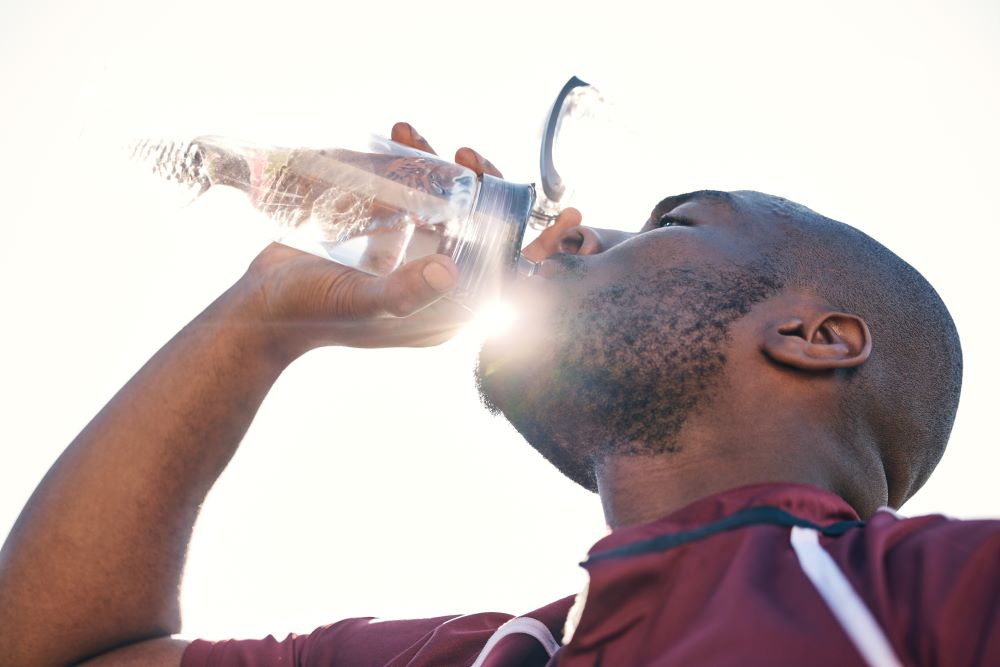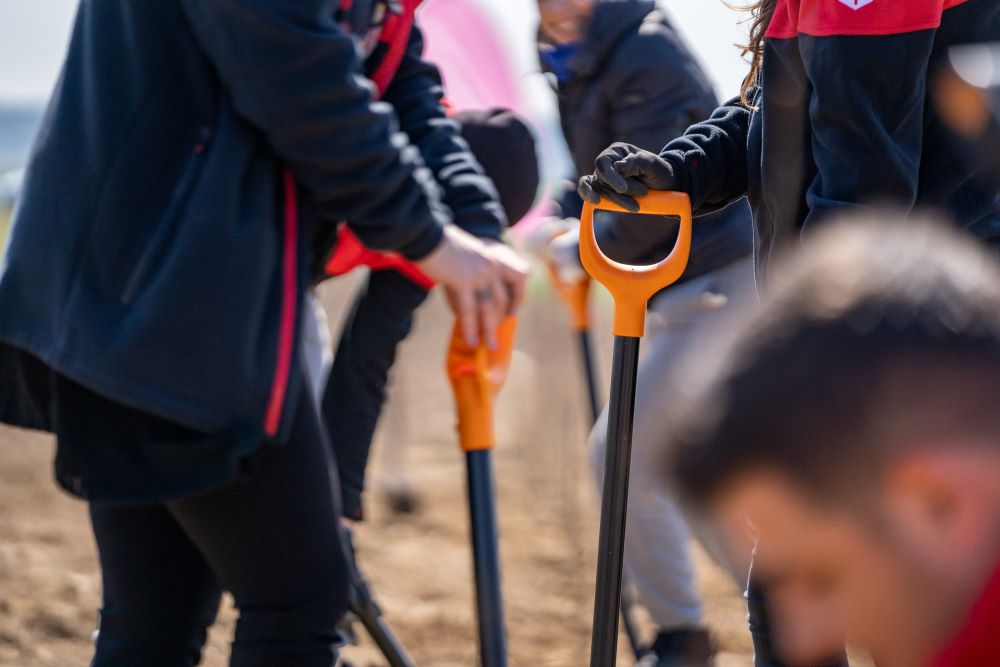Don’t Get Beat By The Florida Heat! Ways To Stay Safe from Heat 2023
We all love to play outdoors during the summer—the kids are out of school; we have more time to enjoy our toys and take vacations. But while you’re having fun in the sun, remember to take some commonsense precautions during summer’s hot, humid days.
Heat is one of the leading weather-related killers in the U.S., according to the National Weather Service, resulting in hundreds of deaths every year. Anyone can be affected by the heat, but children younger than 2, people over 65, and those suffering from chronic disease or mental illness are most susceptible to heat-related illness. Here are some reminders to help you and your loved ones stay cool and avoid heat-related illness this summer.
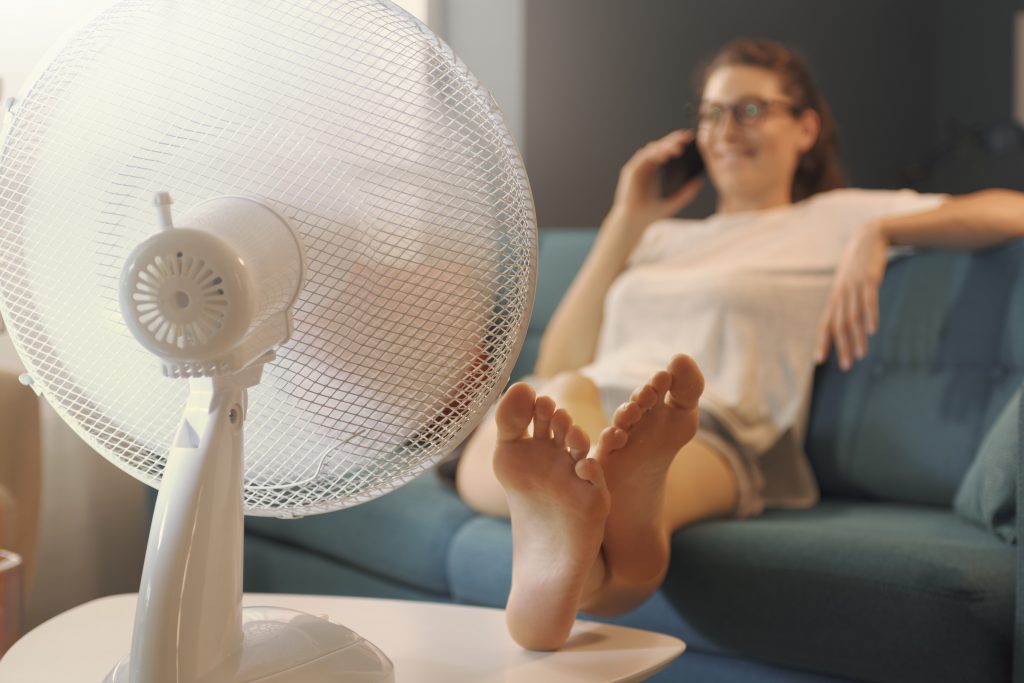
Be Prepared
Although it’s really great to sit on your couch in an air-conditioned room, that could change quickly. Do not rely on this as your main cooling device. Fans can also create airflow and might keep you comfortable, but they do not reduce your body temperature – a key part of preventing heat-related illness. Stay in the air conditioning. If your power is out, identify places in the community you can go to, such as libraries, malls, or cooling centers. Cover windows with drapes or shades. Weather-strip doors and windows. There are many ways to help reduce the hot sunlight from making your home get overheated.
Drink Up, Water Is Important
Many of us don’t drink enough liquids when temperatures climb, and dehydration can increase the risk of dangerous heatstroke. “When you know heat is coming, you need to drink more than you think you need to,” says Wayne C. McCormick, MD, a physician at the University of Washington School of Medicine How much liquid you really need to take in depends on several factors, such as the weather, your activity level, and even the particular medications you’re taking.
But a cup of liquid every 90 minutes while you’re awake is a good start. If you’re outside in the heat working or exercising, ramp that up to a cup every half-hour. And if you aren’t urinating much (say, only every 4 hours), drink more. (Thirst isn’t really a reliable indicator because by the time you feel thirsty, you’re already somewhat dehydrated.)
Do you find it hard to hydrate as much as you probably should? Set alerts on your phone as a reminder. Sipping small amounts of liquids throughout the day, adding slices of citrus to a pitcher of water, and eating high-water foods such as fruit can also help you get enough liquid when the heat is on.
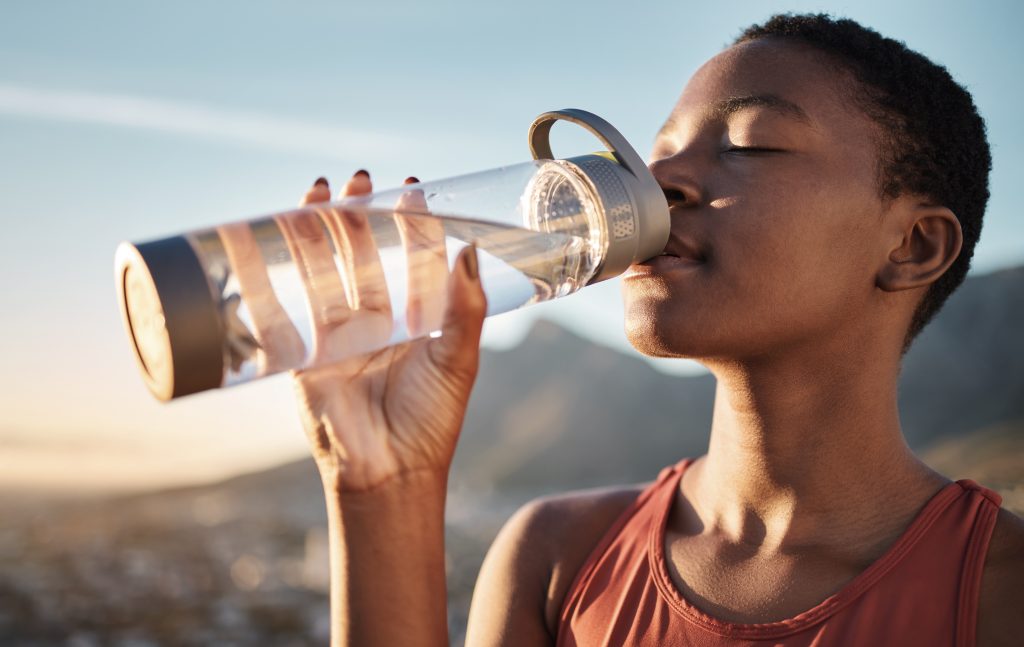
Heat Safety Tips Outside
Even though it’s cooler inside, you probably won’t want to stay there all summer long! Here are some tips for staying safe when you venture outside:
- Wear lightweight, light-colored, loose-fitting clothing.
- Schedule most outdoor activities, whether play, exercise, or work, for the cooler morning and evening hours.
- Stay in the shade as much as possible, especially during the hottest parts of the day. If no shade is available, limit outdoor activity to 15-20 minutes at a time during times of highest heat and humidity.
- Take frequent breaks and use the buddy system when working or exercising outdoors in high heat.
- Stay hydrated. Sip cool water or sports drink every 20 minutes. Don’t wait until you feel thirsty.
- NEVER leave children or pets alone in an enclosed vehicle. It only takes a few minutes for temperatures to reach a dangerous level.
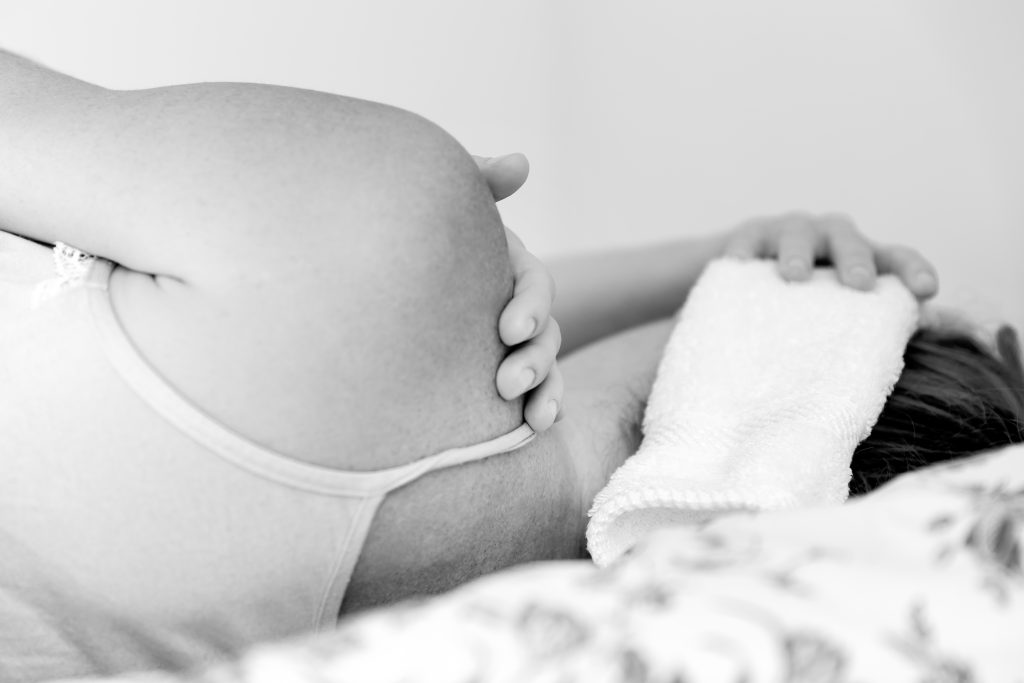
What To Do If Heat Makes You Sick
Know the signs of heat-related illness and the steps to take if you experience them.
Heat cramps: Marked by muscle spasms or pain and possible heavy sweating during intense physical activity. Stop, get to a cool place, and drink water or a beverage with electrolytes. Get medical help right away if you have heart problems, you’re on a low-sodium diet, or your cramps last longer than an hour.
Heat exhaustion: This can progress to heatstroke if not addressed. Signs may include heavy sweating; fatigue; weakness; a cold, clammy feeling; a pale appearance; a fast but weak pulse; nausea or vomiting; muscle cramps; a headache; and even fainting. Cease physical activity, get to a cool place, use a wet cloth, or take a cool bath to lower body temperature, and sip water. Get medical help right away if you vomit or symptoms worsen or last longer than an hour.
Heatstroke: This can be fatal if not addressed, so call 911 ASAP in the case of confusion or agitation, fainting, and an inability to sweat. While awaiting help, rest in an air-conditioned room or get into a cool shower or bath. Don’t drink anything.

